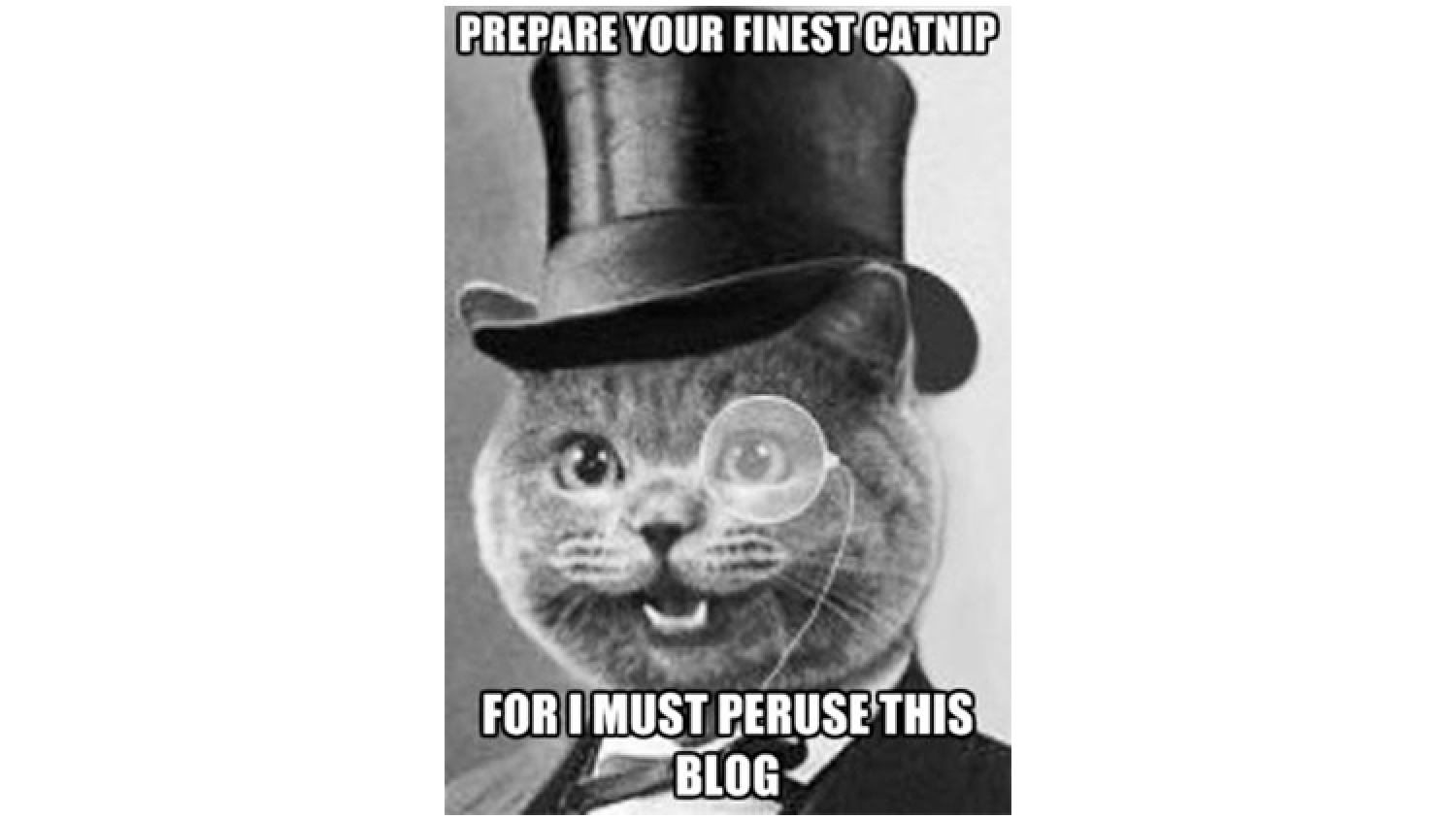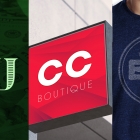Memes as Cultural Artifacts. No, We Haven’t Been Smoking Catnip…
Today we’d like to talk to you about memes (that’s pronounced Meeeem and not Me-me, btw). Memes are everywhere these days, and most people know what they are, but does anyone ever stop to think about what they mean? We saw an amazing article by Aaron Saenz at Singularity Hub and it really made us think about the deeper meaning behind a meme.
Sure, they’re lots of fun, but they’re more than just adorable kitty pictures and funny videos. In some ways, they’re like genes: passed from person to person, they self-replicate, change, and respond to outside influences. They’re cultural barometers--expressions of our culture that can tell us a lot about where we are as a society. Not only do they reflect the way we think and talk about things but they can also shape it as well. They are part of the process of information consumption.
As our lives become more and more digitized, it’s becoming increasingly important to understand what the deeper meaning is behind what appears to be nothing more than “things that make us smile.” What do memes tell us about our culture? More importantly for marketers: what kind of power do memes have?
Memes can translate into money
When you see a meme, you don’t really think about money, do you? You just laugh and probably post it to your Pinterest or your Facebook page and move on with your life. But think about the site ICanHasCheeseburger.com--a major meme factory. They get more page views a month than the New York Times! And the content is user-generated so they don’t even have to pay for it to be created! With that kind of viewership, the ad revenue is pretty sweet and nearly effortless to get; a fraction of a penny per page view nets big bucks pretty quickly.
Knowing that if content goes viral it can mean millions of clicks and therefore millions of dollars, many marketing companies work hard to create the next biggest meme. Of course, there’s no formula for creating guaranteed viral content, but people still try—for a variety of reasons. Not all of them are financial, in fact, lots of times people just want to do something that will make other people laugh.
Memes mean celebrity
Anything can be the next biggest meme—even a video of a baby sloth getting a bath! This means that anyone, even you, can be an Internet Superstar literally by tomorrow and who knows? You might even find yourself on the couch at the Today show being interviewed by Matt Lauer. The Internet has made things possible that nobody could have dreamed of before. To wit: an ordinary person can become a national cultural icon in a matter of hours.
Memes show us ourselves
But the most interesting thing about memes is what they show us about our culture. The website called Know Your Meme attempts to track memes so that we can understand and chart how culture unfolds.
Now, folklorists have been trying to do this for a very long time, just without the Internet part. What’s interesting is that the scientists and historians who track memes have an opposite problem, very different from what folklorists have faced for centuries: instead of a lack of cultural artifacts, meme trackers have a glut of them.
Like biological viruses, memes grow and spread exponentially and they come seemingly out of nowhere. Anything can become a meme. Even a video that’s ten years old can suddenly be noticed by someone and be “recycled” into something extremely famous overnight. Ever been Rick-Rolled? So, how do modern folklorists begin to track a meme? In this case, because of their meteoric rise from obscure to ubiquitous, there’s nothing they can ignore: all trends must be tracked.
And it’s only going to get worse as more and more people come online and not only view what there is already, but add their own cultural trends. Of course, the secret weapon in this information quest is technology: unlike all other forms of media, the Internet lends itself to being searched (and indexed) for specific terms and phrases, a fact that meme "trackers" leverage.
We could go on and on about memes since they’re so marvelously complex, but we’re running out of time. Next week, we’ll explore the power memes have to actually shape the truth, wield political power and be used in marketing. But for now, the next time you get a LOLcat in your inbox, stop to think a moment. It’s more than just a kitteh!
PS: You guys have heard of Planking, Owling and Bradying, yes? Well in anticipation of the season premier of Mad Men, we came across Draping and, well, we couldn’t resist joining in the fun.



This physical meme is actually becoming a part of the marketing for the show. Even the show’s official facebook page is promoting it! We’ll talk more about memes and marketing next week…

 An agency-eye view of Marketing, Advertising, Branding, Design & Media.
An agency-eye view of Marketing, Advertising, Branding, Design & Media.





Great article, can't wait to read more! I love the baby sloth reference.
Thanks, Mattie! That's one of our favorite videos! Come back next week for more fun meme facts!